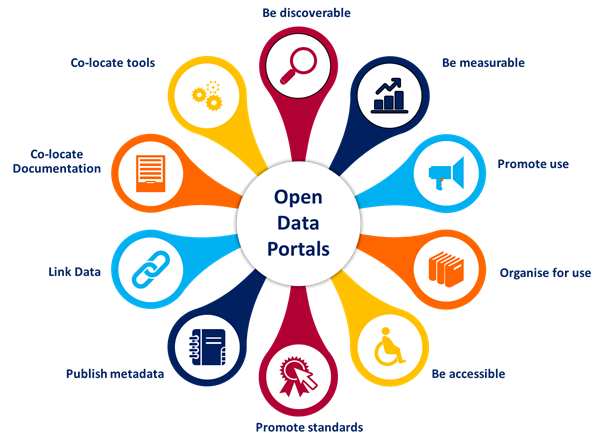Advancing Knowledge: The Significance of Not-for-Profit Academic Publications
Advancing Knowledge: The Significance of Not-for-Profit Academic Publications https://opusproject.eu/wp-content/uploads/2023/05/non-profit-heart-1024x768.jpeg 1024 768 Open and Universal Science (OPUS) Project https://opusproject.eu/wp-content/uploads/2023/05/non-profit-heart-1024x768.jpegIn the world of academia, the pursuit and dissemination of knowledge are fundamental. Not-for-profit academic publications play a pivotal role in facilitating the exchange of scholarly research and ideas. These publications are distinct from their for-profit counterparts, as their primary objective is to promote knowledge sharing rather than financial gain. This article delves into the importance of not-for-profit academic publications and the benefits they bring to the scholarly community and society at large.
Promoting Open Access and Accessibility
One of the defining characteristics of not-for-profit academic publications is their commitment to open access. Open access ensures that scholarly research is freely available to anyone with an internet connection, removing barriers to knowledge and fostering global participation in the academic discourse. By eliminating paywalls and subscription fees, not-for-profit publications democratize access to information, benefiting researchers, students, and the general public alike. This inclusivity facilitates interdisciplinary collaboration, encourages innovation, and enhances the potential for discoveries that can address pressing societal challenges.
Maintaining Scholarly Integrity and Quality
Not-for-profit academic publications often adhere to rigorous peer-review processes to ensure the quality and integrity of published research. These processes involve subjecting submitted manuscripts to evaluation by experts in the relevant field before publication. Peer review acts as a filter, allowing reliable and credible research to be disseminated, thus upholding the standards of academic scholarship. This commitment to quality control enhances the trustworthiness and credibility of the publications, providing researchers with a reliable source of information for their work.
Fostering Collaboration and Networking
Not-for-profit academic publications serve as platforms for researchers to showcase their work, thereby fostering collaboration and networking within the scholarly community. These publications facilitate the sharing of knowledge, methodologies, and findings, allowing researchers to build upon one another’s work and contribute to the collective advancement of their respective fields. By providing a space for scholarly discourse and interaction, not-for-profit publications promote intellectual exchange and encourage the formation of partnerships and collaborations that can lead to groundbreaking discoveries and interdisciplinary research.
Preserving Academic Freedom and Autonomy
Maintaining academic freedom and autonomy is crucial for the advancement of knowledge. Not-for-profit academic publications often operate independently of commercial interests, allowing researchers to publish their work without undue influence or constraints. This freedom is vital for scholars to pursue innovative and unconventional research, challenge existing paradigms, and explore novel ideas. By safeguarding academic freedom, not-for-profit publications enable researchers to address critical issues, propose alternative perspectives, and push the boundaries of knowledge.
Supporting Non-Mainstream Research and Disciplines
Not-for-profit academic publications play a vital role in supporting research in non-mainstream disciplines and niche areas of study. While commercial publishers may prioritize research with a broader appeal and commercial viability, not-for-profit publications embrace the diversity of academic disciplines. They provide a platform for scholars working in less mainstream fields, enabling them to disseminate their research, garner recognition, and contribute to the overall body of knowledge. This inclusivity encourages interdisciplinary collaboration, stimulates innovation, and fosters a more comprehensive understanding of complex societal issues.
Conclusion
Not-for-profit academic publications are indispensable for the advancement of knowledge, providing open access to quality research, fostering collaboration, and upholding academic freedom. These publications empower researchers to contribute to their fields, irrespective of commercial interests, while promoting inclusivity, interdisciplinary collaboration, and the dissemination of knowledge to the wider public. By supporting not-for-profit academic publications, we can collectively foster an environment that nurtures intellectual growth, innovation, and social progress for the betterment of society as a whole.






